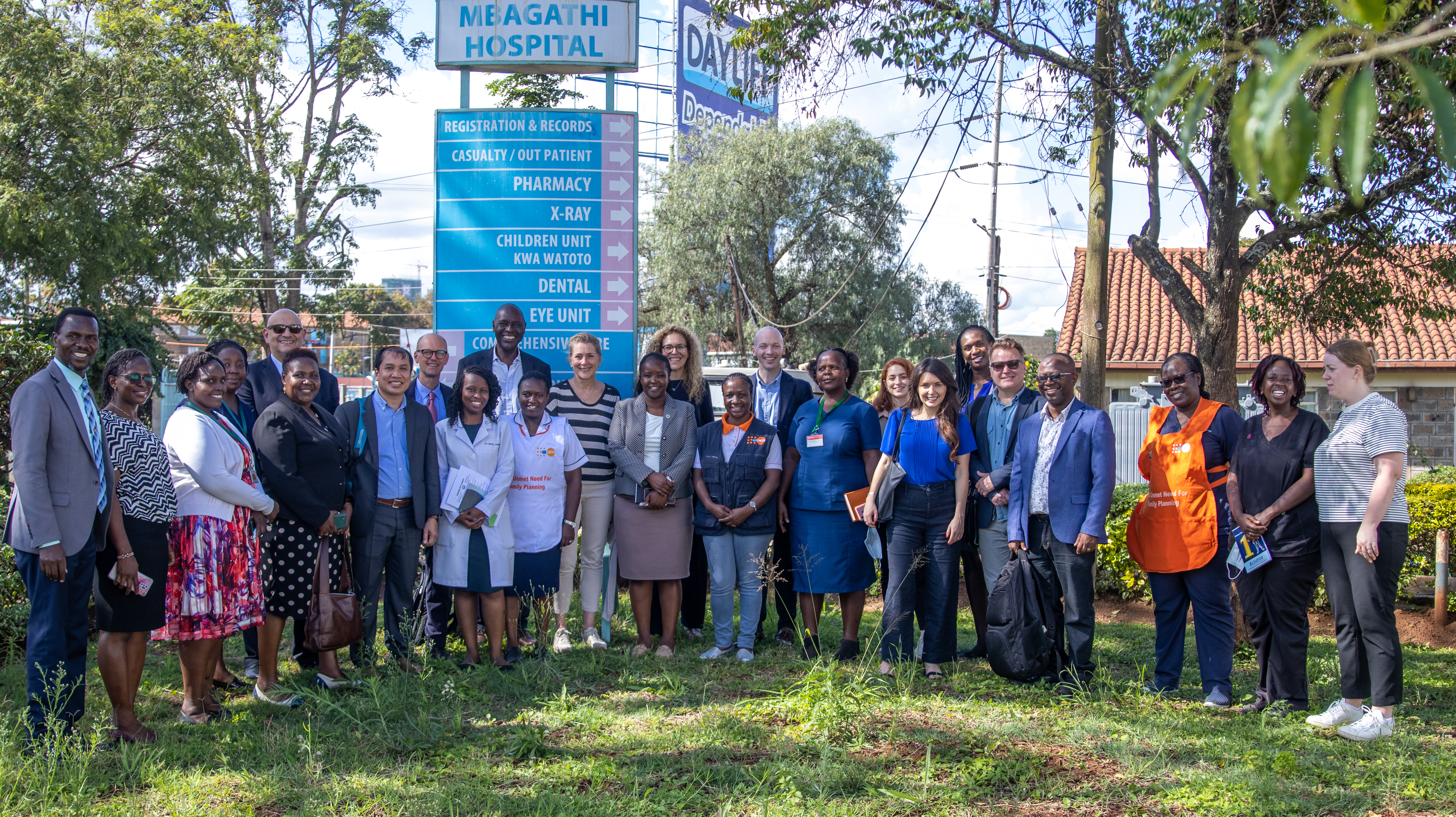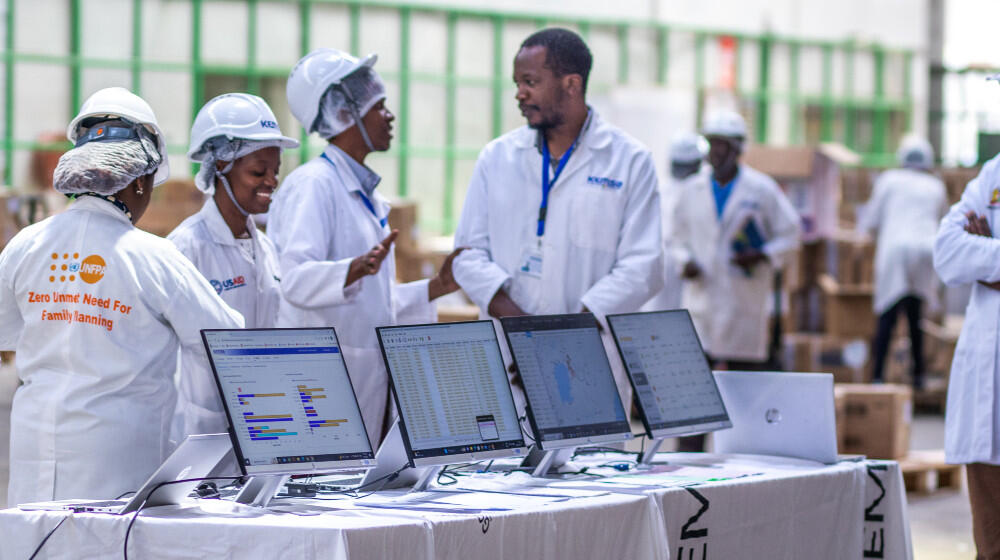Since its launch in 2008, the UNFPA supplies partnership has focused on delivering a choice of modern contraceptives and life-saving maternal health medicines into the hands of women and girls who need them most. In Kenya, the partnership supports the government through the Ministry of Health, in strengthening the provision of sexual and reproductive health services, including through making available a wide range of contraceptive options for women of reproductive age.
Members of the UNFPA Supplies Partnership Steering Committee met in Nairobi, Kenya to take stock of progress made in meeting the challenges and opportunities in overcoming barriers to family planning and ensuring the sustainability of family planning programmes across partnership countries. Speaking during the meeting, UNFPA Technical Division Director, Dr. Julitta Onabanjo emphasized the need for increased country ownership and accountability in strengthening health system supply chains, including through sustainable financing from domestic resources.

in Nairobi to to observe firsthand the delivery of family planning supplies to the last mile.
Welcoming members of the steering committee to Kenya, UNFPA representative Anders Thomsen led a deep-dive session on the sexual and reproductive health landscape in the country. The session featured presentations from the Ministry of Health, National Council for Population and Development, and the International Center for Reproductive Health- Kenya, who shared valuable insights on key policies, experiences, and lessons learned in reaching women and girls with family planning up to the last mile.
Data from the Kenya Demographic and Health Survey (KDHS) 2022 key indicators report shows that the percentage of married women using modern contraceptives has steadily increased over time, from 32% in 2003 to 57% in 2022. Over the same period, the unmet need for family planning declined from 27% to 14%. UNFPA has been working to improve access to family planning through support to the Ministry of Health and the Kenya Medical Supplies Authority (KEMSA) in rolling out of an integrated Family Planning Logistics Management Information System (LMIS) that enables greater visibility of commodities stocks to ensure access to family planning up to the last mile.
Members of the steering committee visited the KEMSA warehouse and Mbagathi Hospital in Nairobi to observe firsthand the delivery of family planning supplies to the last mile. “From the field visit we have been able to gather a lot of knowledge on how Kenya is prioritizing accountability, visibility, and efficiency to deliver family planning commodities up to the last mile,” said Dr. Tom Sesay, Director of Reproductive and Child Health at the Ministry of Health in Sierra Leone. “There are a lot of insights that I will be taking back home to Sierra Leone to help improve our supply chain.”


